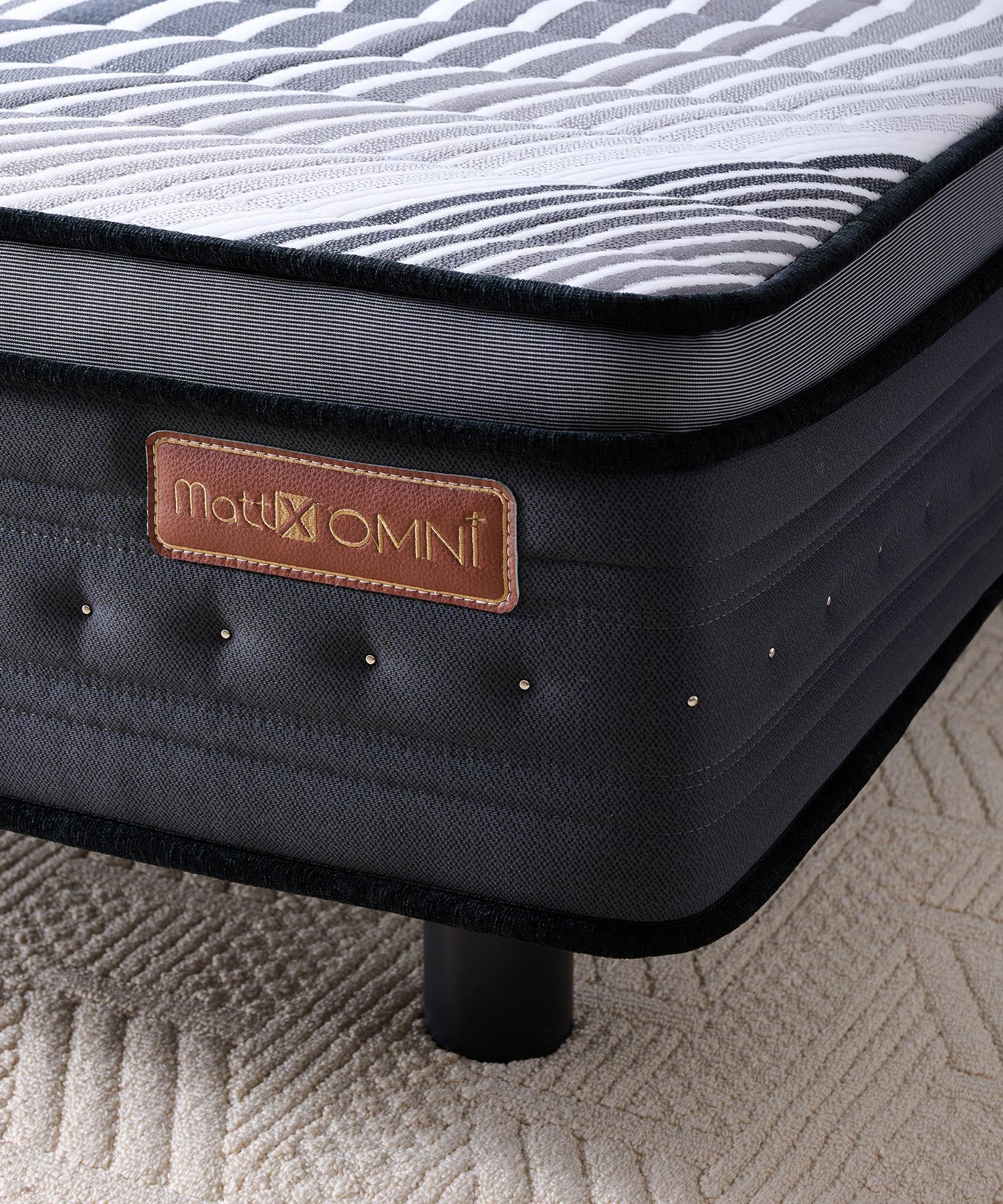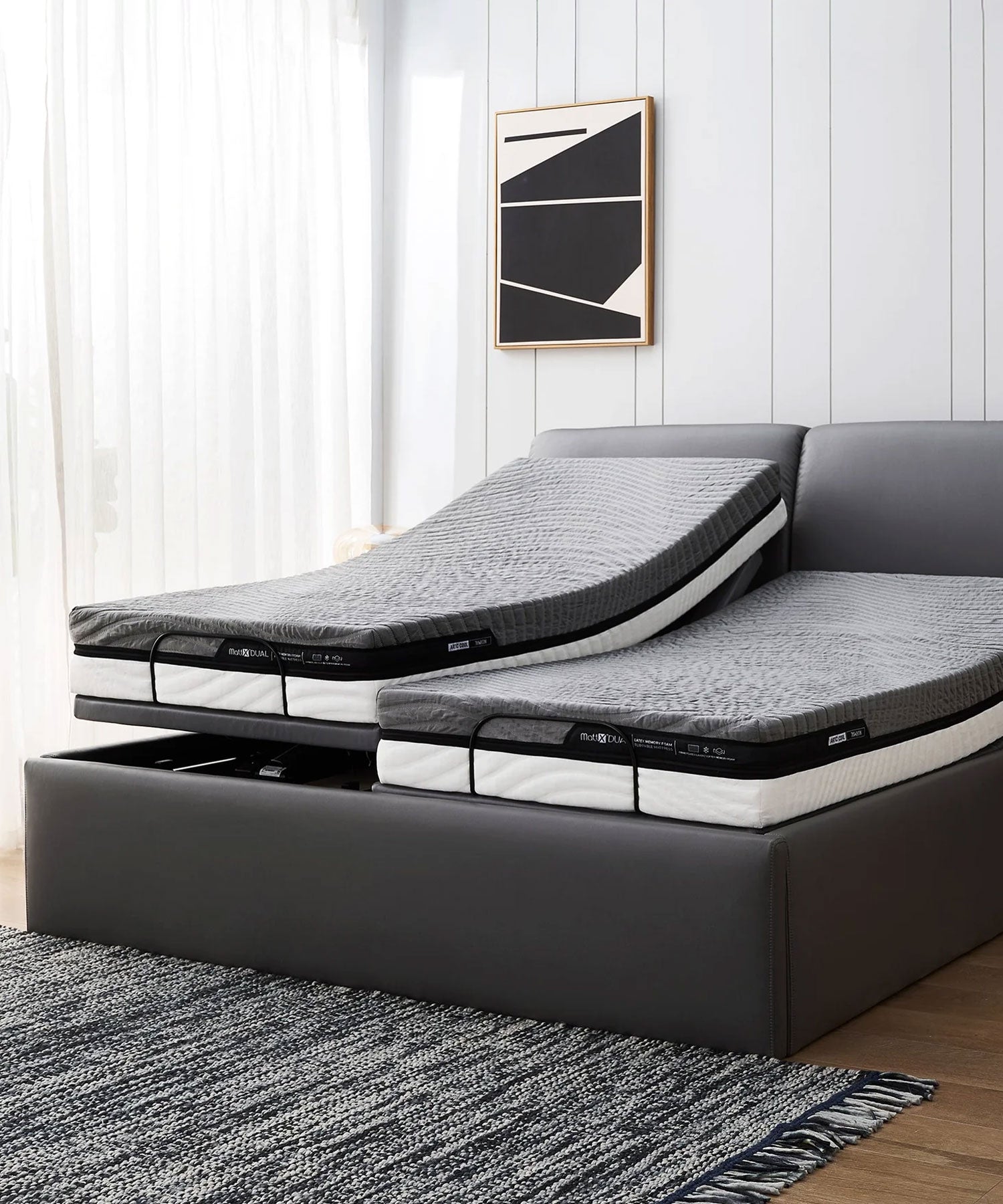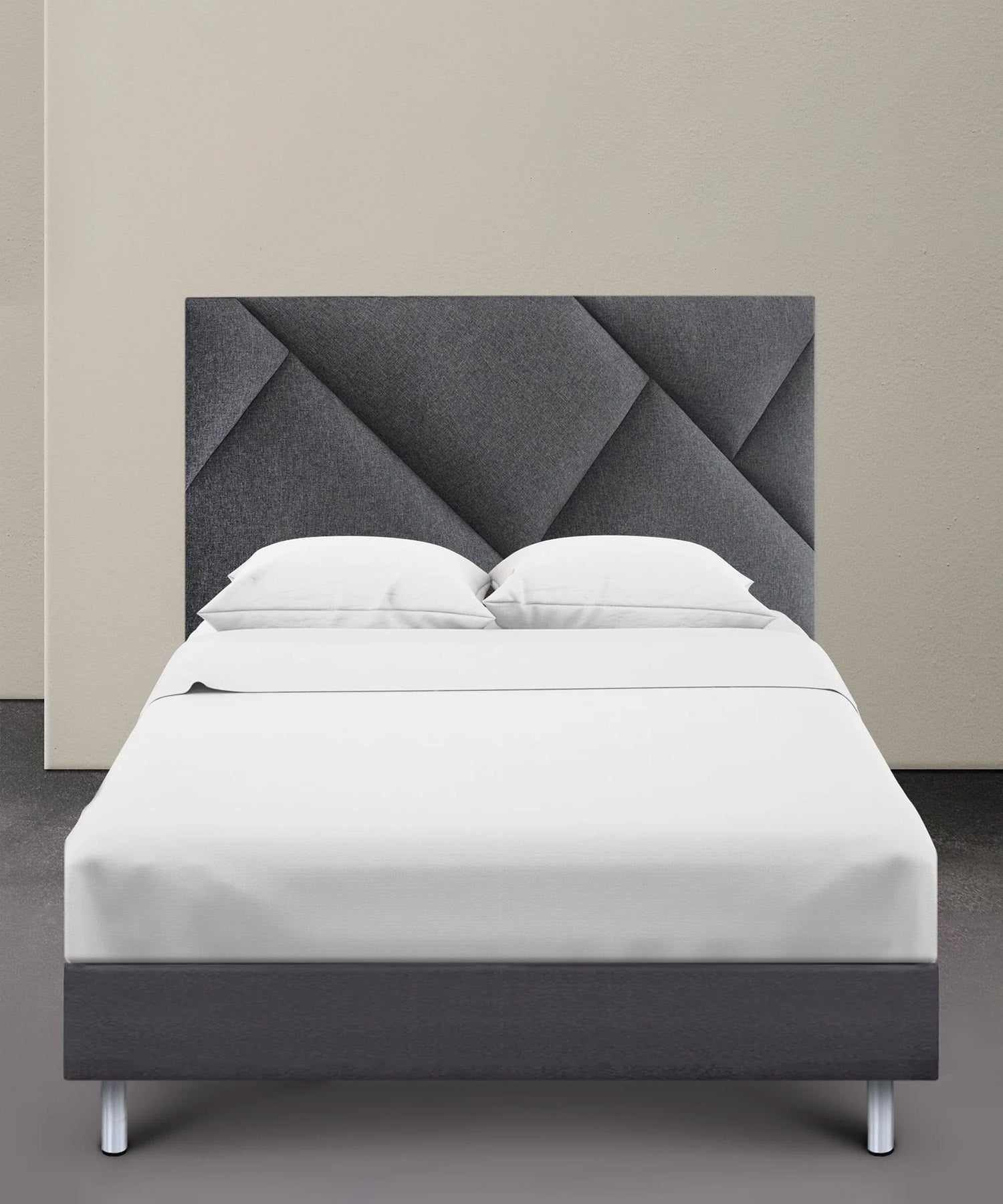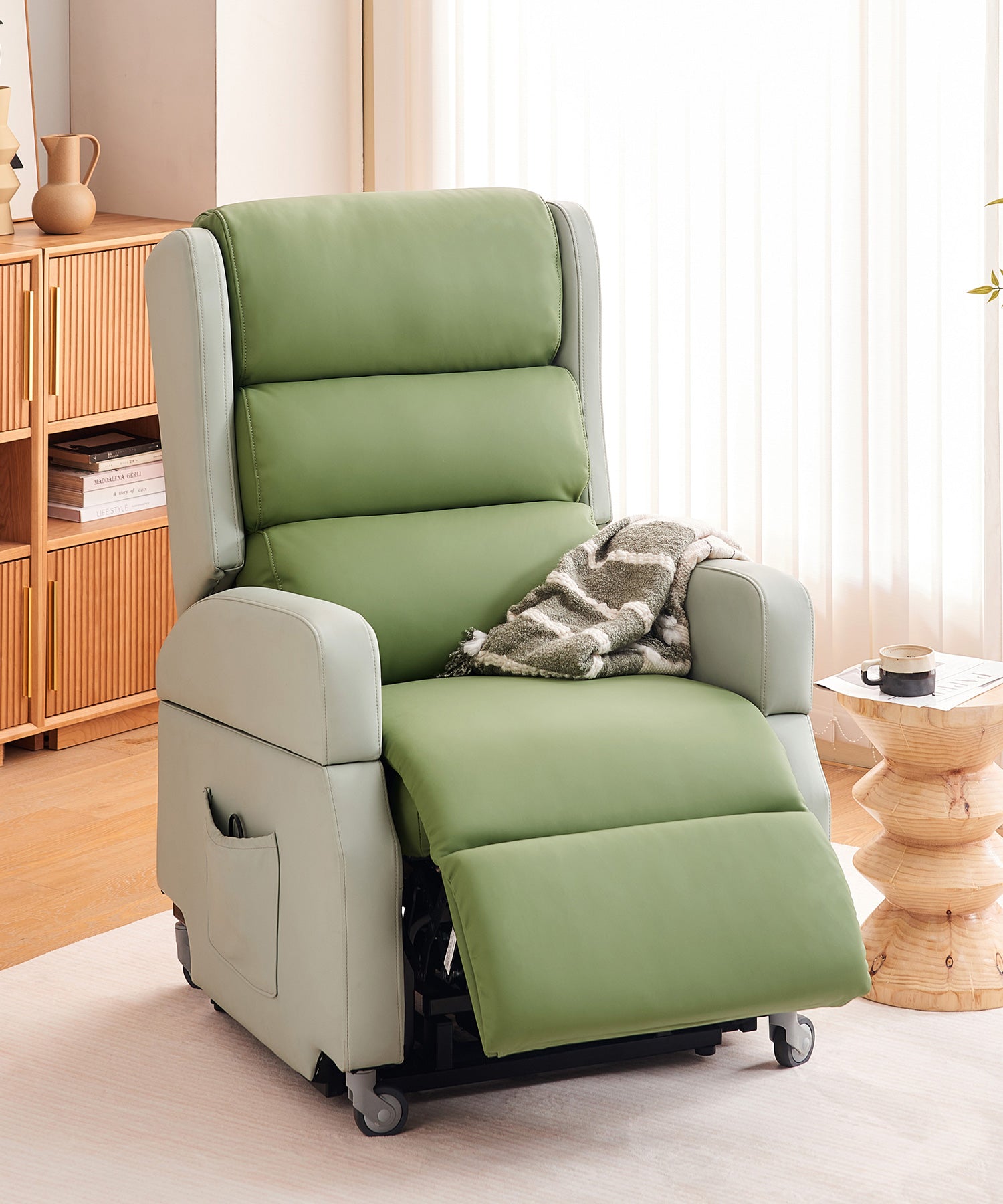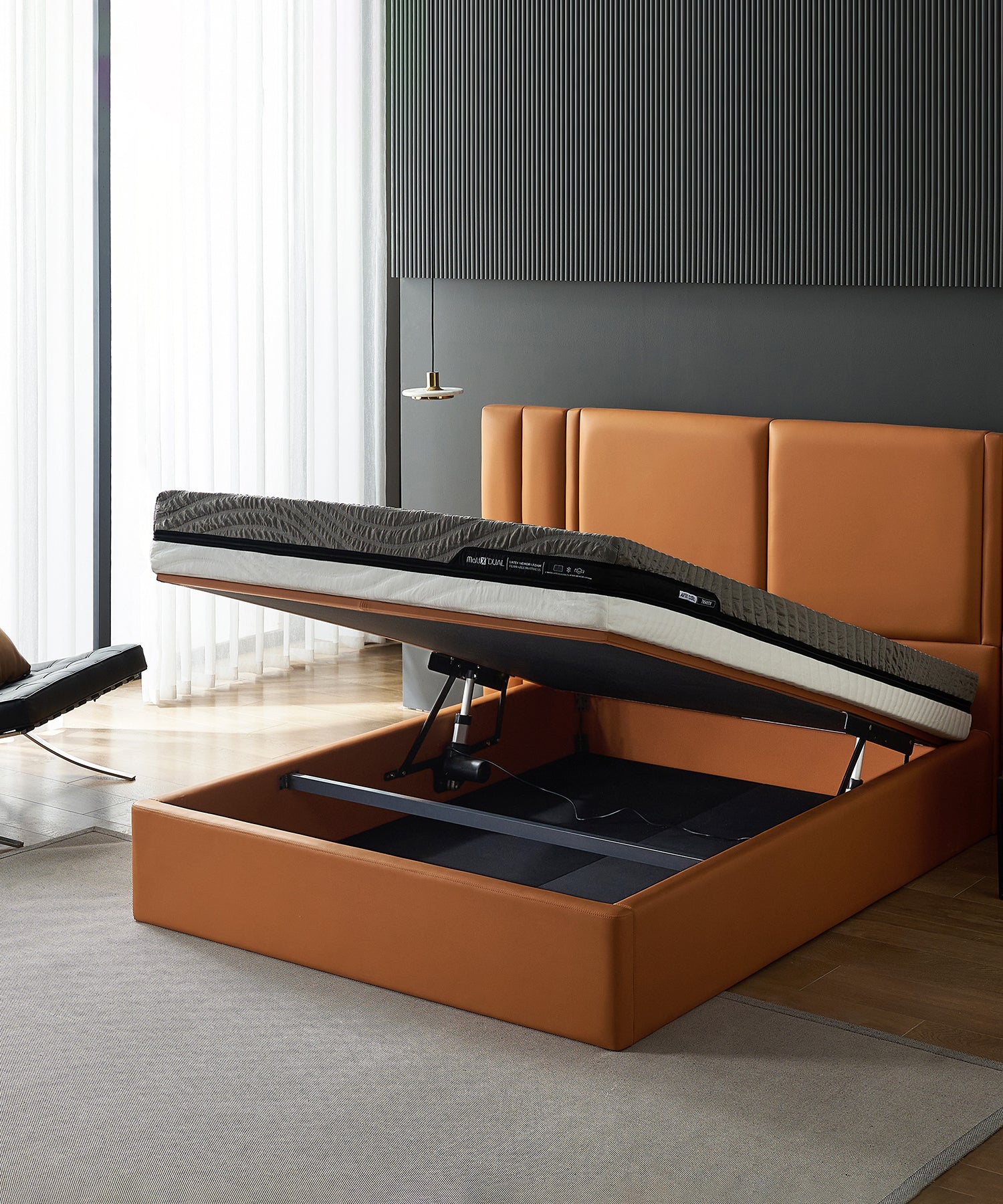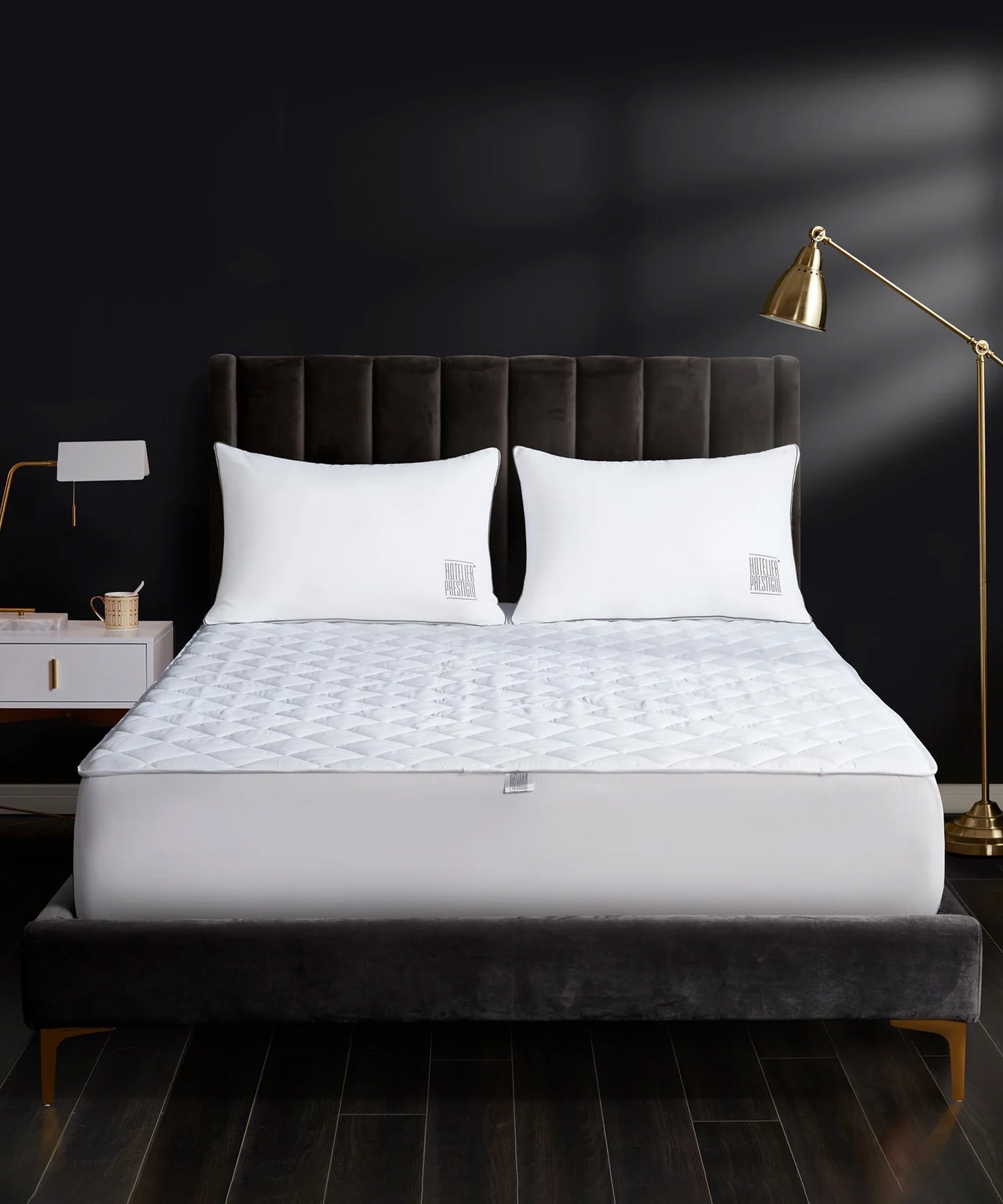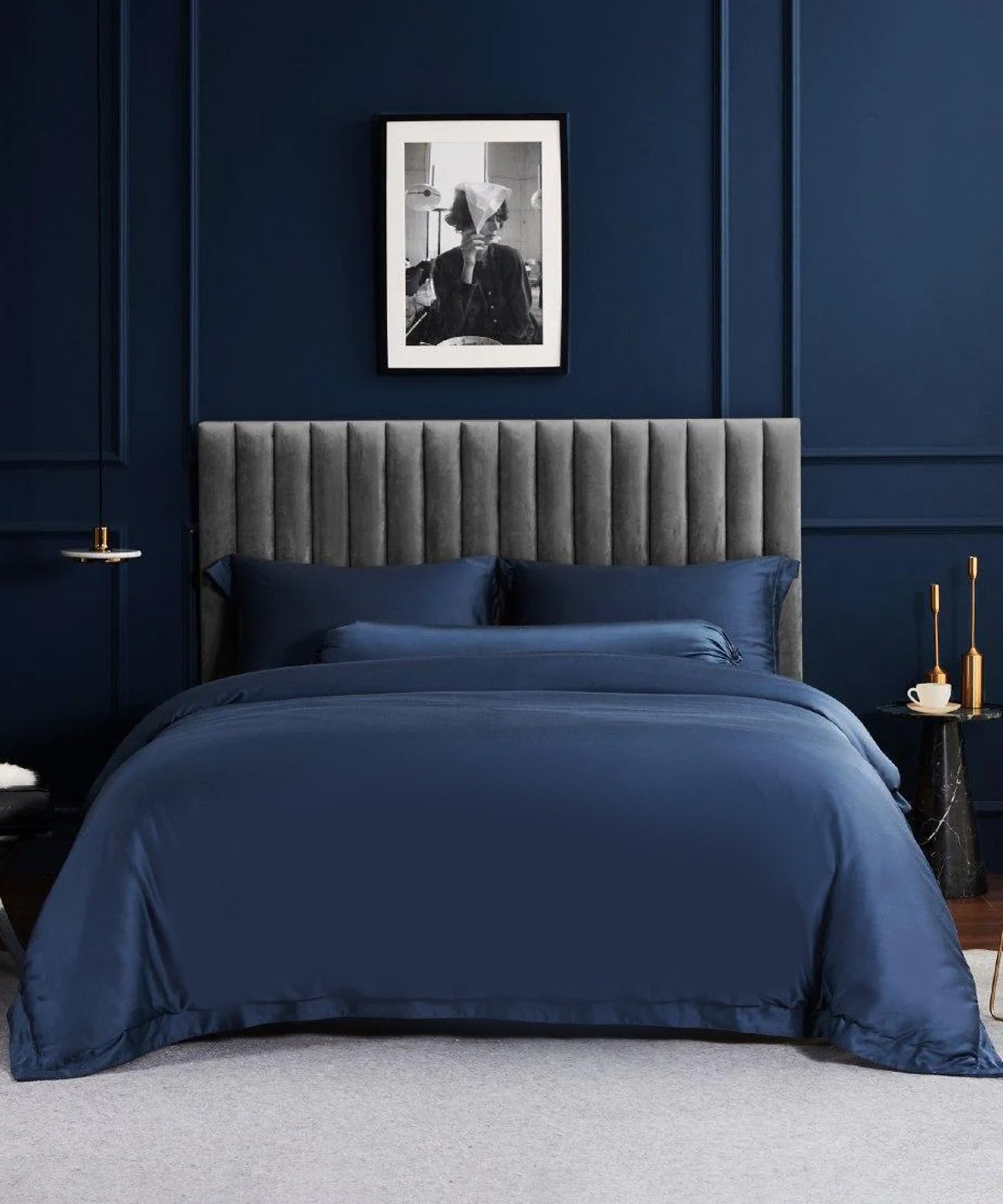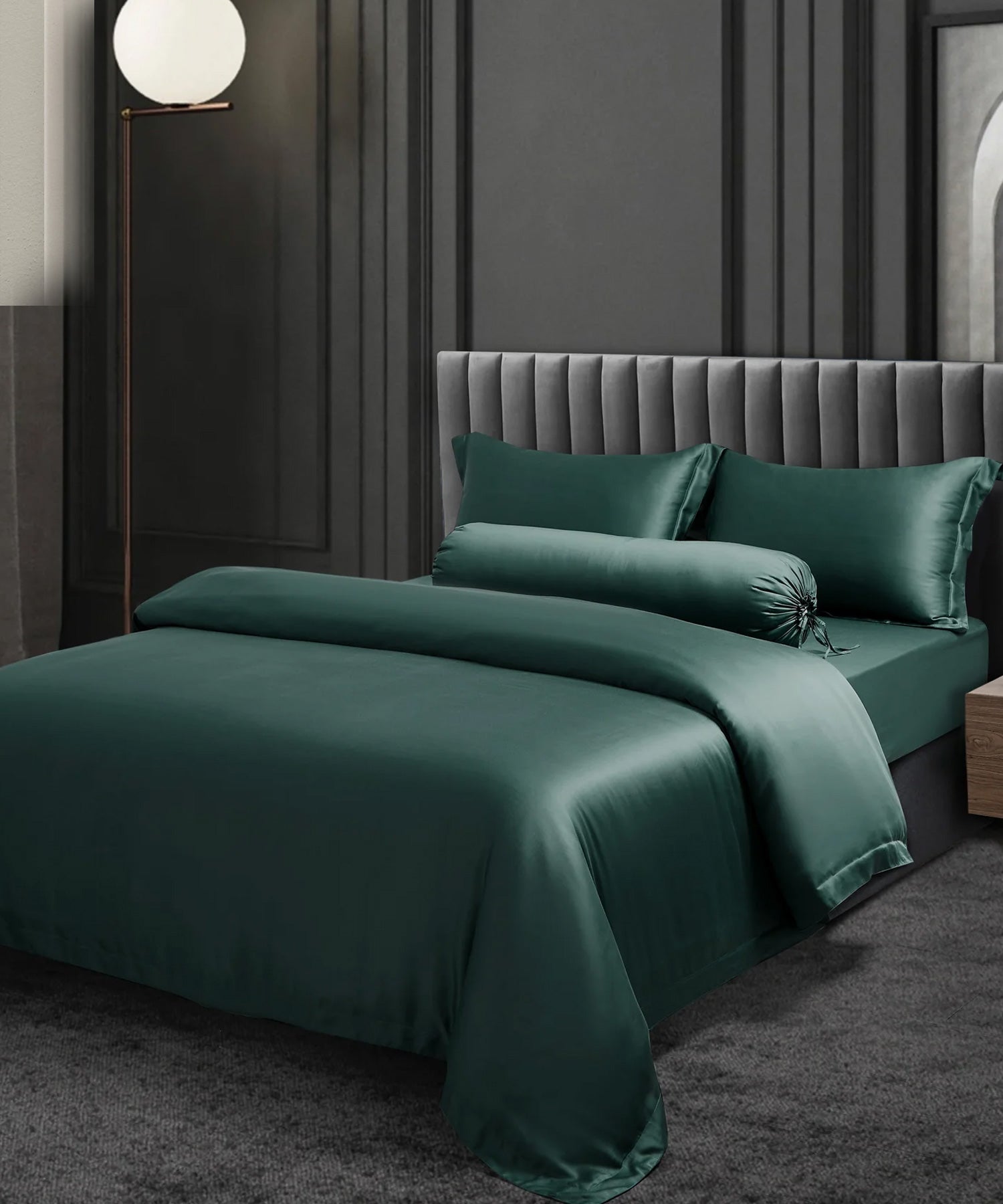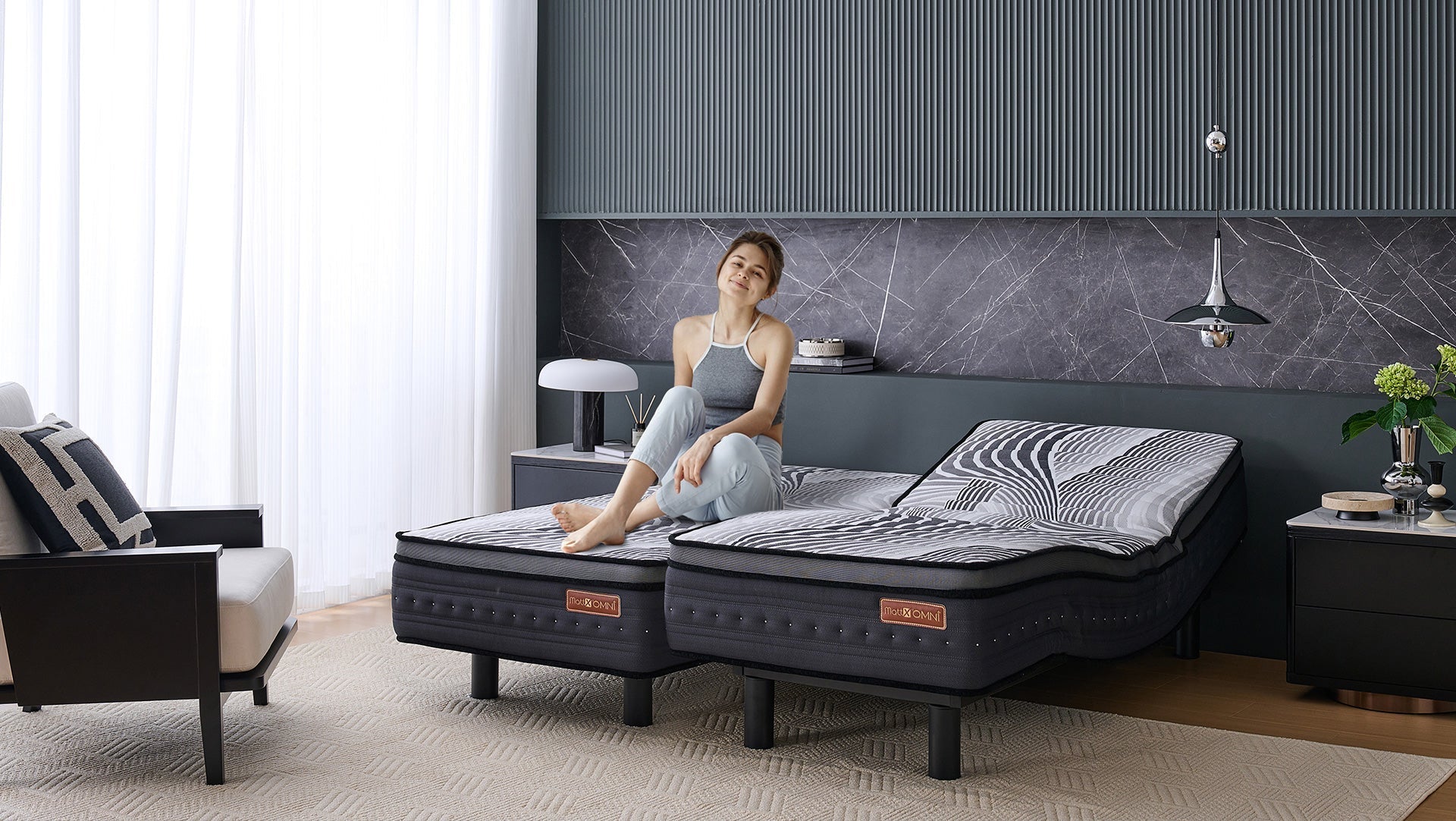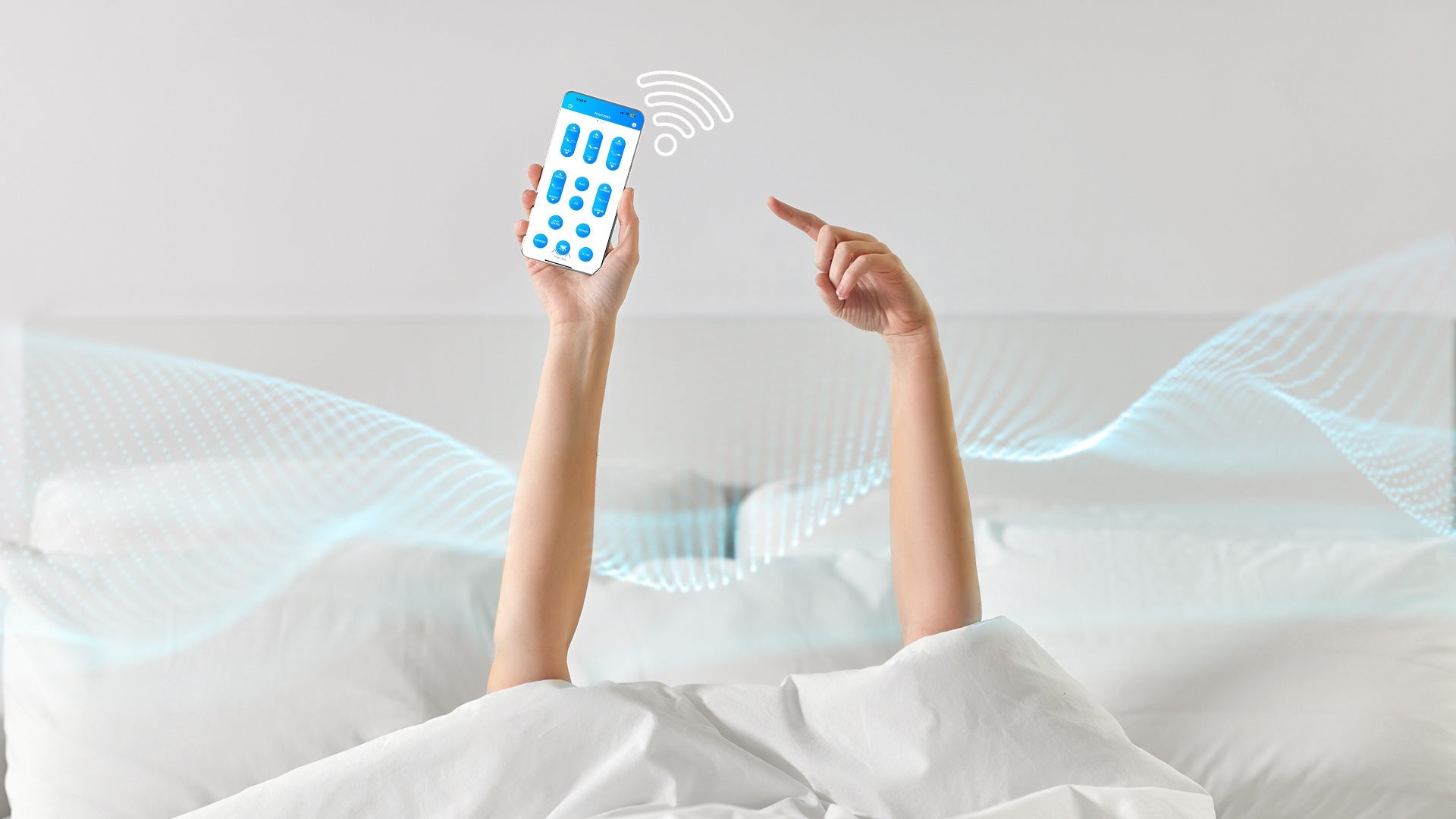
What Makes Furniture 'Smart' and Is It Worth It?
In today's rapidly evolving technological landscape, our homes are becoming increasingly connected. From smartphones to smart TVs, the digital revolution has transformed how we interact with everyday devices. Now, this innovation has extended to our furniture with the emergence of smart furniture—pieces that combine traditional functionality with cutting-edge technology. But what exactly makes furniture "smart," and more importantly, is it worth the investment? This article explores the world of smart furniture, its defining features, benefits, potential drawbacks, and how companies like Affairs Living are leading Singapore's smart furnishing revolution.
What Defines Smart Furniture?
Smart furniture represents the intersection of traditional furniture design and modern technology. Unlike conventional furniture that serves a single purpose, smart furniture offers enhanced functionality through integrated technology. These pieces typically include one or more of the following features:
-
Connectivity: Integration with smartphones, home networks, or IoT (Internet of Things) ecosystems
-
Automation: Self-adjusting components based on user preferences or needs
-
Multi-functionality: Serving multiple purposes beyond traditional furniture roles
-
Data collection: Monitoring usage patterns to optimize performance
-
Energy efficiency: Smart power management to reduce consumption
Affairs Living, a leading smart furnishing provider in Singapore, exemplifies this approach with products that seamlessly blend aesthetic appeal with technological innovation.
Popular Types of Smart Furniture
Smart Beds and Mattresses
Smart beds represent one of the most advanced categories of smart furniture. These tech-enhanced sleep systems can:
-
Adjust positions automatically based on sleep patterns
-
Track sleep quality through integrated sensors
-
Provide temperature regulation for optimal comfort
-
Offer anti-snoring features through position adjustments
-
Connect with other smart home devices for comprehensive sleep routines
 Affairs Living's ALYA™ Adjustable Bed Base Version SX, for instance, incorporates wall-hugger technology that maintains nightstand accessibility regardless of the bed's position—solving a common pain point with adjustable beds.
Affairs Living's ALYA™ Adjustable Bed Base Version SX, for instance, incorporates wall-hugger technology that maintains nightstand accessibility regardless of the bed's position—solving a common pain point with adjustable beds.
Smart Tables and Desks
The humble table has evolved significantly with smart technology:
-
Height-adjustable surfaces that transition between sitting and standing
-
Built-in wireless charging capabilities for devices
-
Touch-sensitive controls for lighting or other connected devices
-
Integrated cable management systems
-
Health-tracking features that remind users to change positions
Smart Storage Solutions
 Even storage furniture has received the smart treatment:
Even storage furniture has received the smart treatment:
-
Biometric locks for enhanced security
-
Automated opening mechanisms
-
Interior lighting that activates upon opening
-
Inventory tracking capabilities
-
Climate control for sensitive items
The Benefits of Smart Furniture
Enhanced Convenience and Comfort
Smart furniture adapts to your needs rather than forcing you to adapt to it. For example, a smart chair can adjust its ergonomics based on your sitting position, potentially reducing back pain and improving posture. Similarly, smart beds can transition between positions to accommodate reading, watching TV, or sleeping—all without manual adjustment.
Space Optimization
In urban environments like Singapore, where living spaces can be limited, smart furniture offers significant advantages. Multifunctional pieces can transform—a coffee table becoming a dining surface, or a sofa converting into a bed—maximizing the utility of every square foot.
Health and Wellness Benefits
Many smart furniture pieces are designed with wellness in mind:
-
Ergonomic adjustments to prevent physical strain
-
Posture correction and movement reminders
-
Sleep quality monitoring and improvement
-
Ambient lighting that supports circadian rhythms
-
Air quality monitoring and purification
Energy Efficiency
Smart furniture often incorporates energy-saving features, such as:
-
Motion-activated lighting that only operates when needed
-
Power management for connected devices
-
Automated shutdown of electronic components when not in use
Potential Drawbacks to Consider
Cost Considerations
The primary barrier to smart furniture adoption is cost. These technologically enhanced pieces typically command premium prices compared to their traditional counterparts. However, it's worth considering the long-term value—a smart desk that prevents back problems could save significant healthcare costs over time.
Technology Obsolescence
As with any technology, smart furniture faces the risk of obsolescence. Today's cutting-edge features might seem outdated in a few years as newer technologies emerge. Affairs Living addresses this concern by offering furniture with updatable software components, extending the useful life of their smart products.
Privacy Concerns
Smart furniture that collects data raises legitimate privacy questions. Before investing in connected furniture, consider:
-
What data is being collected?
-
How is this information stored and protected?
-
Who has access to your usage patterns?
-
Can features be disabled if desired?
Is Smart Furniture Worth the Investment?
The value proposition of smart furniture depends on several factors:
Lifestyle Alignment
Smart furniture offers the greatest benefits when it aligns with your specific needs and lifestyle. If you spend significant time working from home, a smart desk with ergonomic features may prove invaluable. Similarly, those with sleep issues might find tremendous value in a smart bed system.
Long-Term Perspective
While the initial investment may be higher, quality smart furniture can offer extended value through:
-
Durability and adaptability to changing needs
-
Health benefits that prevent future medical expenses
-
Reduced need for multiple furniture pieces
-
Enhanced productivity and comfort
Integration with Existing Technology
Smart furniture provides maximum benefit when it integrates seamlessly with your existing smart home ecosystem. Before purchasing, confirm compatibility with your current devices and systems.
Affairs Living: Singapore's Smart Furnishing Solution
Affairs Living has established itself as Singapore's premier provider of smart furnishing solutions. Their approach combines:
-
Stylish, contemporary designs that complement modern interiors
-
Thoughtful integration of practical technology
-
Focus on genuine user benefits rather than novelty features
-
Customization options to meet individual needs
-
Comprehensive support and warranty services
Their showroom offers hands-on experience with various smart furniture options, allowing customers to test functionality before investing.
Conclusion
Smart furniture represents a significant evolution in how we interact with our living spaces. By integrating technology with traditional furniture forms, these innovative pieces offer enhanced functionality, comfort, and convenience. While the higher price point and technology considerations require careful evaluation, the potential benefits—particularly for health, space optimization, and quality of life—make smart furniture worthy of consideration for modern homeowners.
As we continue to embrace connected living, companies like Affairs Living are leading the way with smart furnishing solutions that balance technological innovation with practical benefits. Whether you're furnishing a new home or upgrading existing spaces, exploring smart furniture options might reveal unexpected ways to enhance your daily living experience through the thoughtful application of technology.

